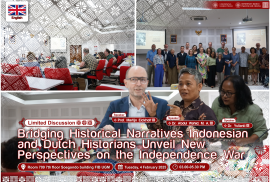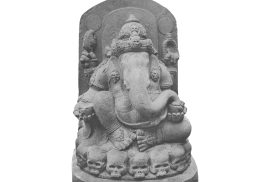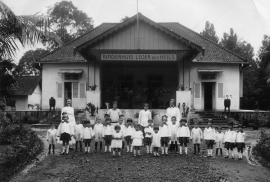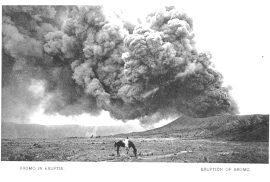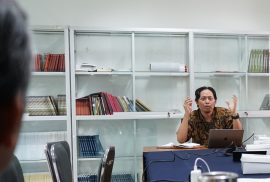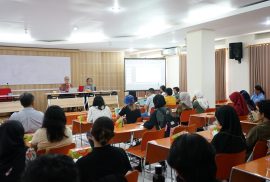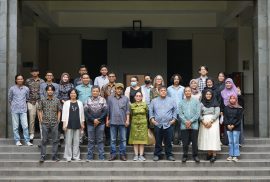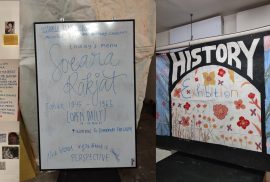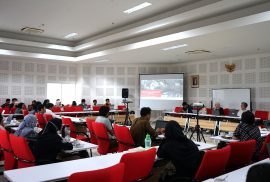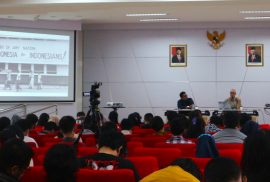On Tuesday, February 4, 2025, a historical discussion was held in Room 709, 7th Floor, Soegondo Building, Faculty of Cultural Sciences, Gadjah Mada University. The event took place from 3:00 PM to 5:00 PM WIB and was attended by various academics and historical researchers, both from Indonesia and abroad, including research colleagues from the Netherlands who were on a journey retracing history following World War II in Indonesia.
The discussion was officially opened by Dr. Abdul Wahid, M.A., Head of the Department of History, Faculty of Cultural Sciences, UGM. In his opening remarks, he emphasized the importance of historical studies based on academic collaboration between Indonesia and the Netherlands to achieve a more comprehensive understanding of the decolonization period and its impact on both nations.

